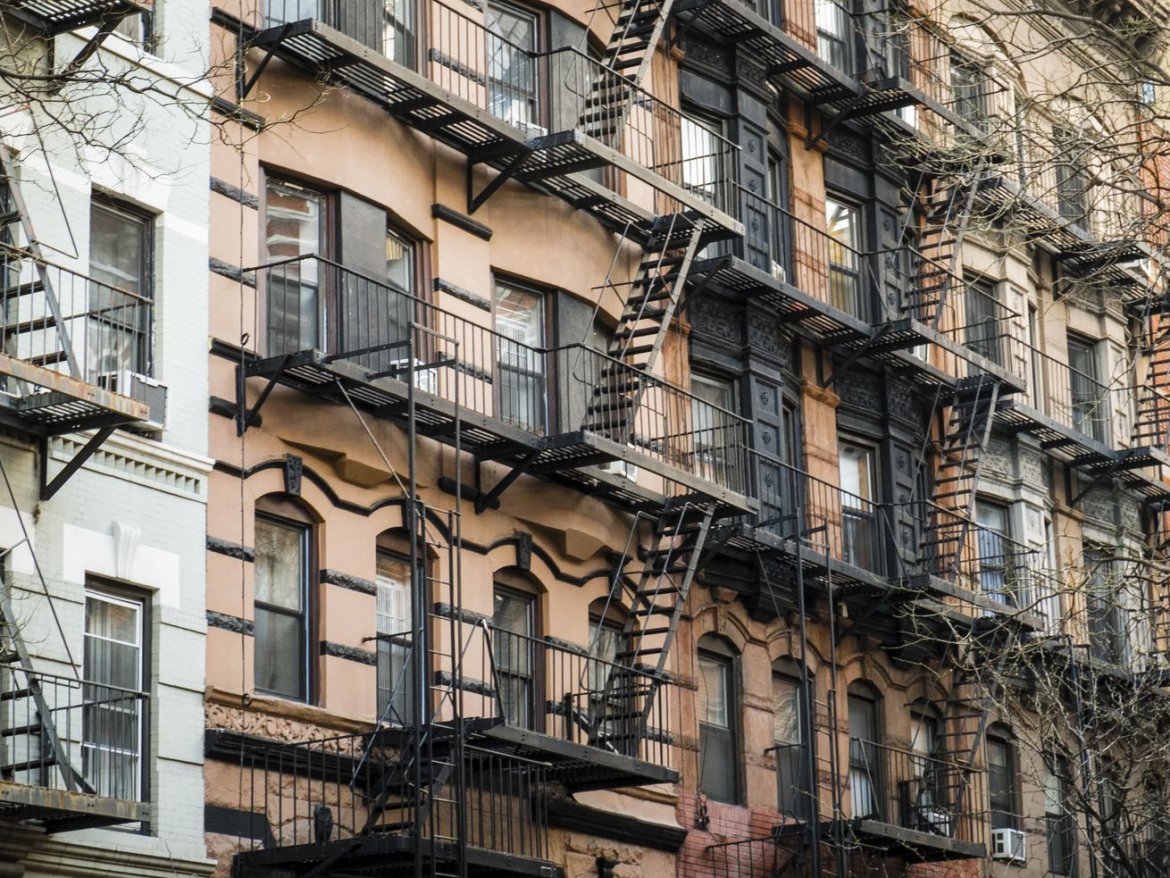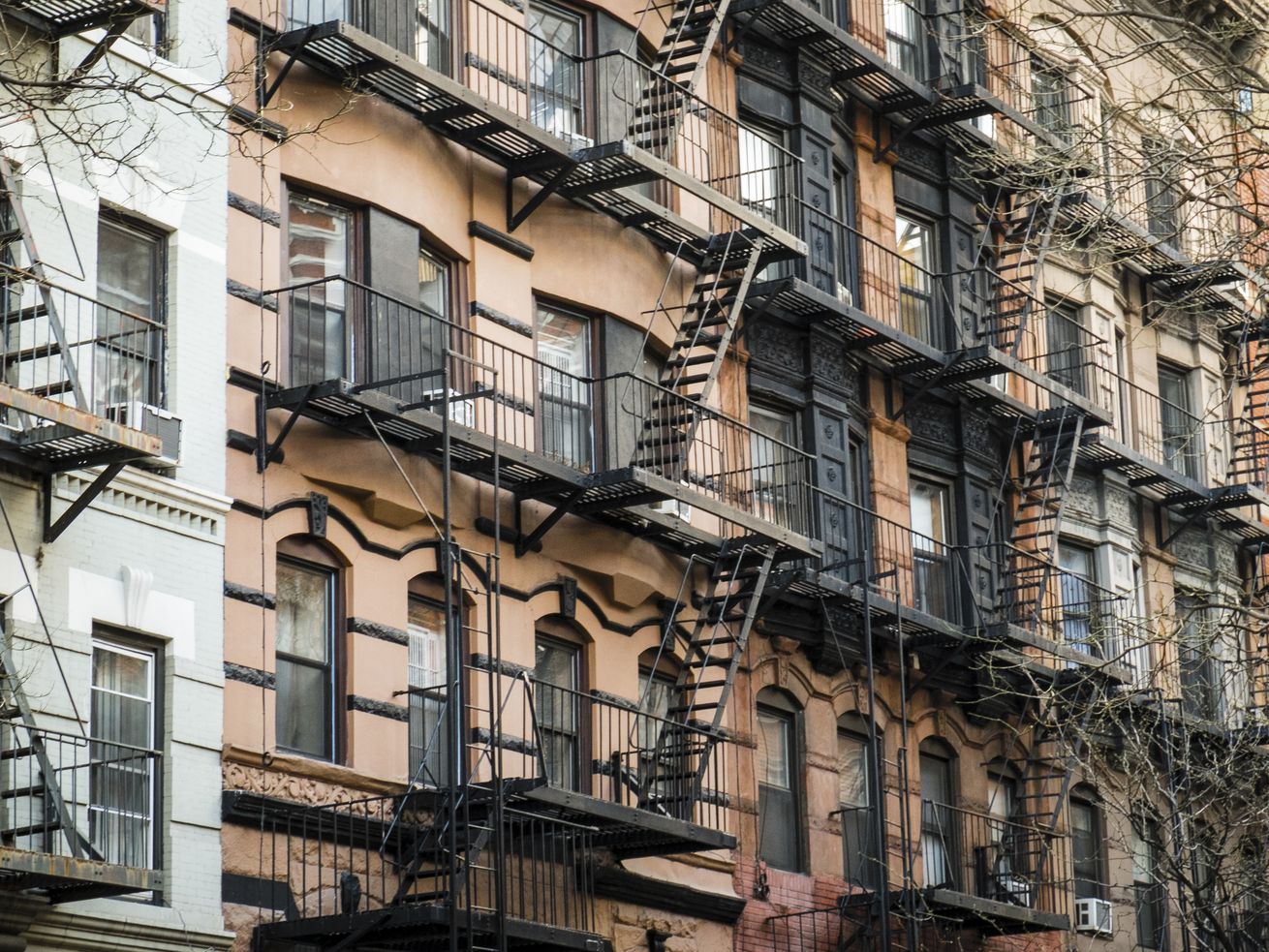
One of New York’s new rent laws struck down by appeals court

 Robert Crum/Shutterstock.com
Robert Crum/Shutterstock.com
The state’s Court of Appeals sided with landlords in a lawsuit to strike down a section of the new rent laws on retroactive rent overcharge claims
In an unexpected turn of events—and in the middle of the novel coronavirus pandemic— the state’s Court of Appeals sided with landlords in a decision that strikes down a section of the tenant-friendly rent laws passed last year, the Real Deal first reported.
The decision strikes down Part F of the new rent laws, which allowed the state’s Division of Homes and Community Renewal (or “another competent jurisdiction”) to look back at six years of rent history, or a longer period if necessary, when determining past rent overcharges by landlords who may have illegally deregulated apartments. That section of the law also eliminated “the ability of an owner to escape punitive damages where the overcharges were willful.”
But the Appeals Court, in its decision, concluded that rent overcharges should not be applied retroactively, and that damages should be limited to four years before a complaint.
Deborah Riegel, an attorney at Rosenberg & Estis, who was involved in the case, explained what the decision means for landlords: “The [Court of Appeals] majority expressly agreed with our argument that the [Housing Stability and Tenant Protection Act of 2019 (HSTPA)] does not apply to claims which were already time barred at the time of its enactment, and, to the extent they were not already time barred, retroactively applying the HSTPA would be a violation of the owners’ substantive due process rights.”
“A ruling against the owners would have been catastrophic, retroactively subjecting them to large overcharge claims,” Riegel said in a statement.
In the decision, the Judges say they do not question the validity of that section of the law, but that some aspects of the section regarding rent overcharge occurring years prior, violated due process. According to the Real Deal, the decision will likely affect J-51 tax abatement program lawsuits with pending claims.
But not all of the seven judges agreed with the decision. “Since 1937, the Supreme Court has never struck down an economic regulatory statute, duly enacted by a legislature, on substantive due process grounds,” Judge Rowan Wilson said. “Neither had we, until now. Because economic regulations, such as the rent control regulations before us, are not subject to any sort of heightened scrutiny and readily pass the rational basis test, I dissent.”
“It is absolutely devastating,” says Cea Weaver, campaign director for Housing Justice for All, one of the organizations that advocated for the landmark Housing Stability And Tenant Protections Act of 2019. “This is just basically affirmed property rights over human rights, once again.”
Ellen Davidson, staff attorney at the Legal Aid Society, echoed Weaver’s concerns: “We are profoundly disappointed. The court decided to look away from years of landlords’ rampant abuse of tenants and give their approval to clearly illegal rents.”
This is just one of the legal battles involving New York landlords and the new rent laws: Just a month after passing the package of bills, in July, a group of property owner groups filed a federal lawsuit claiming the new laws violated the U.S. Constitution. Other similar lawsuits have been filed since.
Love where you live
Be Heard at Go Home NY
Be heard! Leave your apartment, condo, and coop building reviews at Go Home NY! Know a building's managers are awful? Have the inside line on a perfect building? Anything in between? Express your voice and be heard. Leave a review at Go Home NY.


